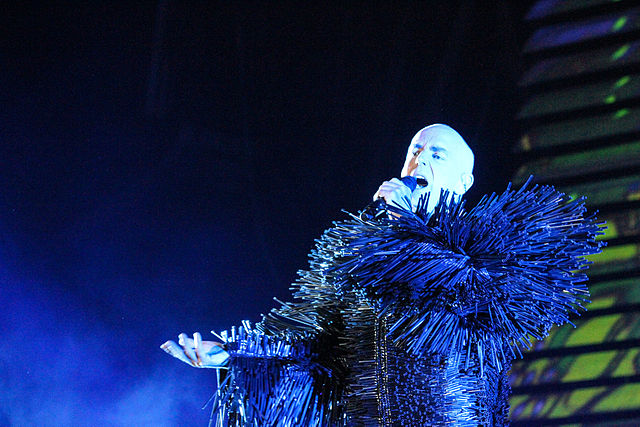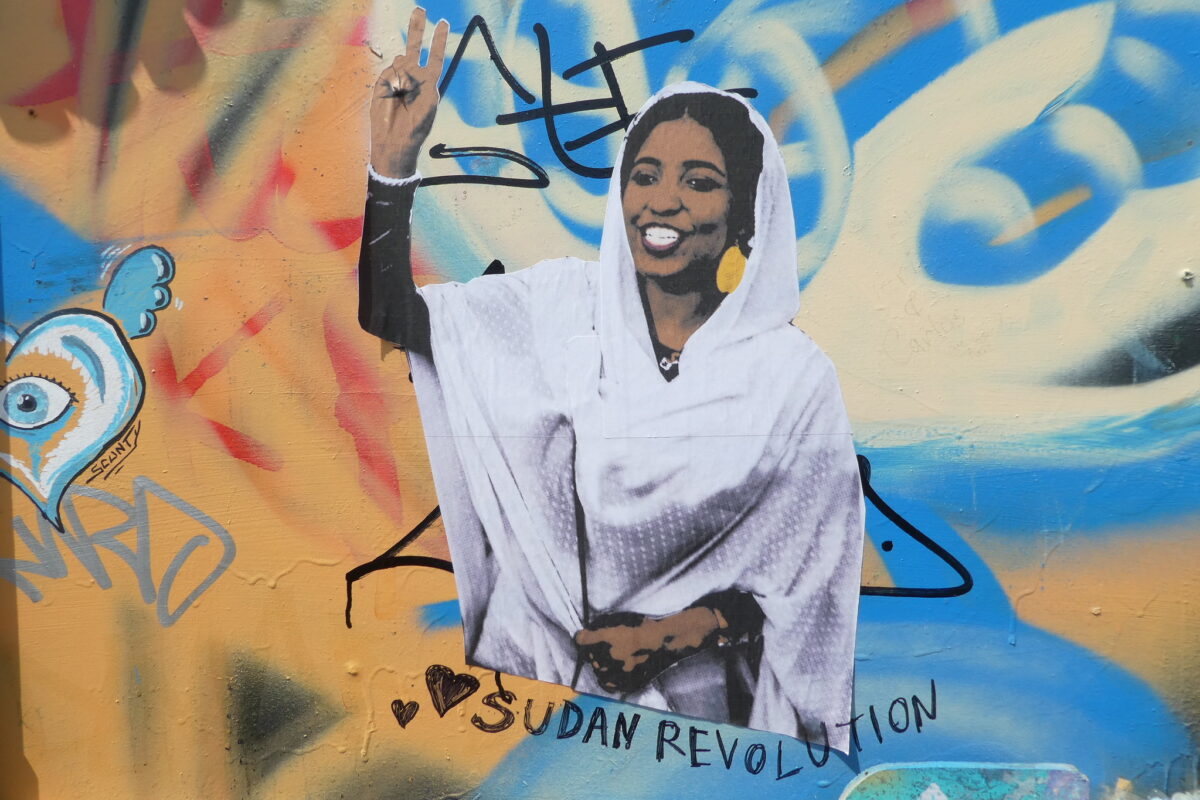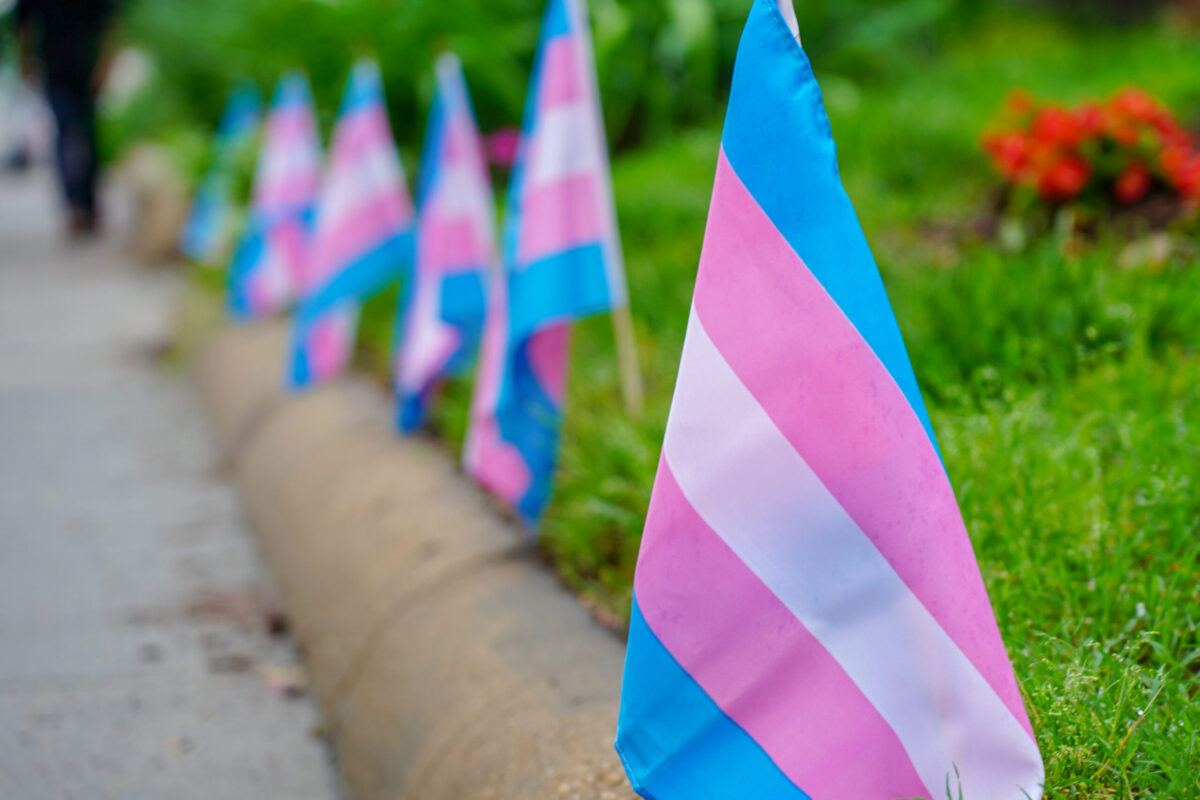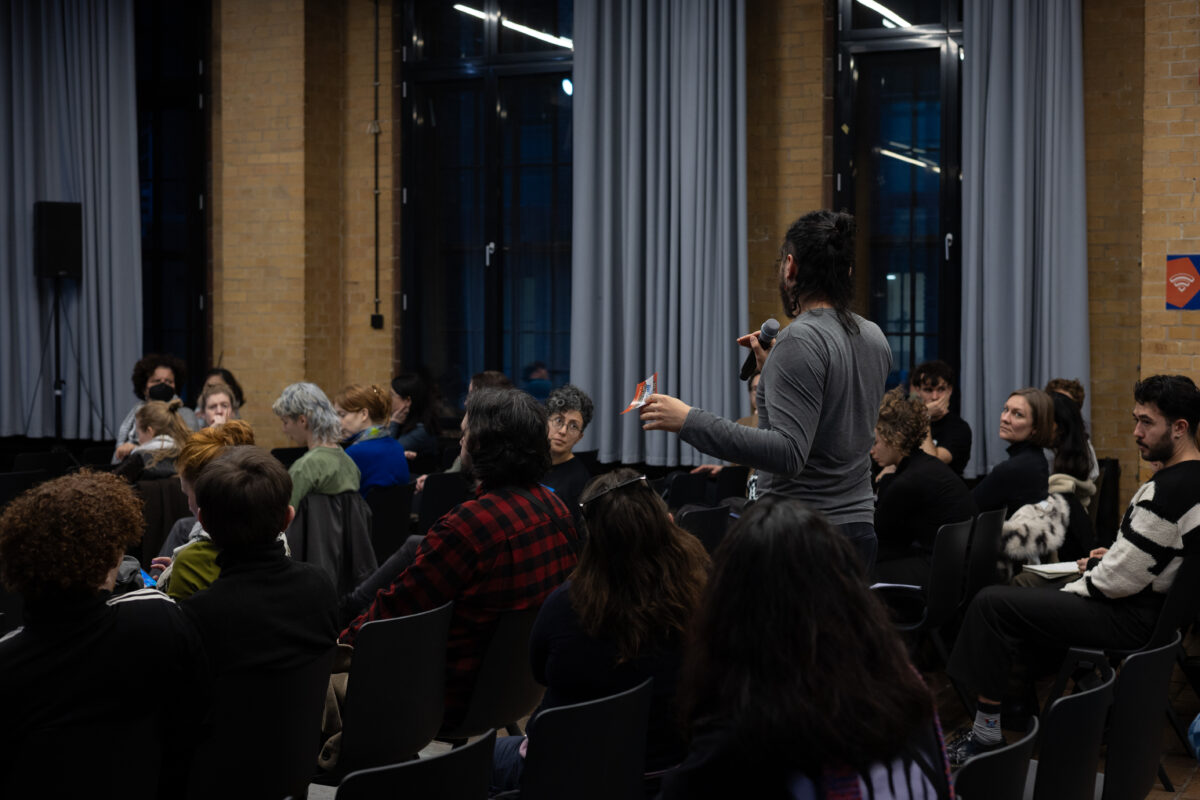The year is 1993. British electro-pop duo the Pet Shop Boys are whisked through Moscow in a limousine that Gorbachev, allegedly, used to ride in. These and other thrilling anecdotes puff a recent piece authored by one half of the duo, Neil Tennant; published in March 2025, in Russia’s opposition newspaper Novaya Gazeta and Britain’s The Guardian. Read a little closer and something creeps out of the shadows; something less about Russia in any concrete sense and more a phantom limb throbbing with post-Cold War dread.
From his residue of remembrances Tennant constructs two Russias: the Russia of the 1990s, bathing in the newfound “freedom” to, for instance, dance along to Tennant’s disco whimsy and the Russia of today, depicted as a brutal, warmongering state under a Hitler-like dictator, Vladimir Putin. This latter Russia is the one that haunts the western liberal imaginary. It is an evil so grave that it washes the West clean, and gives purpose and direction to societies that have neither — specifically the trillion-dollar rearmament that will finally drown “Social Europe” in the bathtub of police repression and economic austerity.
There is something weird about the article, spasmodic even. Tennant dispenses disparate sentences, each one containing a supposed fact or recollection that doesn’t easily connect with what follows or precedes it, or whose relevance is opaque. Order is only imposed by occasional meta-paragraphs which impose an interpretive frame on the reader, like a tour guide in a hall of mirrors.
Take Tennant’s recollection of riding in a limo: it only makes sense in light of an earlier paragraph in which he describes, as a youth, reading about the Russian Revolution, where one brutal empire ostensibly morphed into another with supreme villain Joseph Stalin at the helm, who is at the same moment both a “20th-century Ivan the Terrible” and a template for Putin. Tennant unwittingly taps into a stereotype that has congealed all over Western intelligentsia; history in Russia, is not a dialectic, but a loop, with a natural tendency towards authoritarianism. Putin, in Tennant’s gaze, stands as the latest divination of the eternal Asiatic despot.
Again and again, Tennant mourns the loss of freedom in Russia. So it is worth posing the question: what does he think freedom is? There are clues: In one photo accompanying the article, the Pet Shop Boys wear conical hats and onesies as they officially launch MTV in the former Soviet Union. This is Tennant’s implicit vision of freedom: the freedom to have your political struggles harvested, denuded, co-opted, and commodified, and then reflected back in the form of a three-minute music video, sandwiched between advertisements and other three-minute videos, such that politics is voided of the ecstasy and terror of having a life with meaning. Meaning itself is reduced to mimetic novelty. Russia, you’re welcome.
At the very same time as the Pet Shop Boys were launching MTV, Russia was experiencing its most crushing poverty in decades as a result of economic “shock therapy” imposed by the West, consisting of a fire-sale of public assets, the disassembly of social services, and the bludgeoning of Russia into a market economy. Shock therapy wasn’t just economics, it was necropolitics. According to one analysis in the BMJ, there were up to 3 million “excess adult deaths” between 1991 and 2001 based on mortality rates from the last days of the Soviet Union — “surplus” people who might have lived had history forked onto a different path.
It’s worth remembering that the transformation of Russia was neither spontaneous nor home grown; it was pushed through by Western governments, academics and agencies like USAID. The carnage of the ‘90s aligns well with the goals of a leaked Pentagon paper from 1992 which sought to prevent any country from ever becoming a peer competitor to the United States. Tennant seems blissfully oblivious to these unpleasant details.
Five years after the 1993 Moscow MTV junket, the Pet Shop Boys are back and the country is still in the midst of this deadly crisis. We do get a flicker of recognition, but it quickly sparks out:
“It was thrilling for me to be physically present in streets that had so much historical resonance, but it was also impossible to ignore the victims of the economic problems that followed the implosion of the Soviet system — old ladies, for instance, selling possessions on the street.”
Here is Lacan’s traumatic Real breaking through the cracks of Tennant’s fantasy Russia, only briefly, before the texts jaunts compulsively into a distracted reverie:
“Clubs were fun, and there was a wild freedom in the air. Once, when we couldn’t get a taxi, the police drove us back to our hotel from a gay club! We enjoyed hanging out with a few friends we’d made.”
Which friends?
“A young woman who was the daughter of the former Mayor of St. Petersburg, named Ksenia Sobchak, was briefly part of the clubbing crowd.”
This nightlife comrade was the daughter of Anatoly Sobchak, a key player in transforming Russia into a market economy through the application of shock therapy. Sobchak helped cobble together the Russian constitution that imposed private property on Russia and condensed power in the presidency. Of course, father and daughter are not the same entity, but both represent the class that the Pet Shop Boys enjoyed fraternising with.
According to Putin biographer Philip Short, Sobchak and his Western advisors unleashed a tidal wave of privatisation that created an oligarchic class by stripping key Soviet assets and handing them over to cronies at rock-bottom prices. Meanwhile, basic services in St. Petersburg collapsed, and for four winters straight, citizens suffered through heating cuts. By 1995, rates of homelessness, poverty, fraud, and suicide in the city were among the highest in the world, and diseases like tuberculosis, diphtheria, and dysentery were making a comeback. Life expectancy had fallen from 72 in 1987 to just 64.
The Sobchaks, their class and their western backers were collectively responsible for the economic system that led an anonymous old woman to ruin Tennant’s enjoyment with her abject poverty. Rich Russians were free to party in upmarket clubs, while the rest of the country was free to starve, free to freeze to death in apartments where the heating shuts down in the dead of winter.
How did Tennant miss all of this? Because to see it would rupture the liberal fantasy of innocence. Recognising his complicity and that of his Russian buddies, would be like finding a speck of blood in a line of cocaine — a real bummer.
On reflection the Pet Shop Boys may have always walked this line between naivete and indifference when it comes to political economy. This may have been hard to observe due to Tennant’s translucent lyrical style where camp morphs into a very British form of irony that masks a detached complicity with the way things are. Take their infamous track “West End Girls” — an account of working-class “East End boys” and daughters of the establishment “West End girls” coming together through the shared consumptive experience of clubbing. Appearing in the wake of Thatcher’s detonation of class solidarity in 1980s Britain, the track obliquely shrouds working class defeat in the gauze of social mobility. The vanquishers and the vanquished rub shoulders, strictly on weekends, strictly in the form of commodified leisure for those who can pay to play.
So it’s not that surprising that Tennant is willing to fall into a vision, however subtle, of civilisational conflict between Russia and the West. A few paragraphs after recalling his ride in a police car from a gay club to his hotel, Tennant writes that “being a Russian gay activist is now to be labelled and punished as an ‘extremist.” Russia was a fleeting gay utopia, brought to you by the Pet Shop Boys and MTV, that was then snuffed out by Putin. While it remains true that queer people in Russia live in extreme precarity, hostility to homosexuality was sustained throughout the heady ’90s even if this wasn’t visible to visiting celebrities. The effect of this contrast, whether intended or not, is to weaponize queer precarity in the service of homonationalism.
And when it comes to weaponizing tolerance, the West has game. This justification boosted the military adventurism of the “War on Terror” in the Middle East and Central Asia, with countless deaths and many countries brought to ruin as a consequence.
This brings us to the core menace of Tennant’s article: its heady blend of naivete and binarism falls into a broader miasma of messages giving drip by drip justification for the inevitability of a military conflict between Russia and the West. To his credit, Tennant never calls for war, just a “revolution of attitudes” in which Putin is put on trial and Russia atones for its brutal invasion of Ukraine. Yet even here, the spectre of a demonic Russia and an angelic West appears. I oppose imperial war machines of all stripes and believe the Russian invasion of Ukraine has no justification. That should not conceal that the war has its origins in the creeping expansion of NATO towards Russia’s borders, despite US assurances that it would not do so. Nor should it elide that the US sought to prolong the war in order to weaken Russia, scuttling a nearly completed peace agreement in 2022 at the cost of hundreds of thousands of needless deaths and mutilations.
Tennant’s reflections show us that Russia, for the West, is not really a place so much as a screen on which to project whatever fantasies align with your unconscious political commitments, whether that be a neoliberal smash-and-grab or a civilisational conflict. Through gentle, persistent messaging, it has become common sense that Putin will roll into Berlin unless European societies run on a war footing, sacrificing the fight against the existential threat of climate change and crumbling systems of social care. The parliament of Germany, where I live, has just rammed through changes to its constitution that allow the government to borrow vast sums to fuel an expansion of military power. Perhaps soon I will be selling my belongings on a street corner to pay for Panzer tanks and Javelin missiles.
To close, Tennant signs off with a little humility: “I do not imagine that anyone really cares what we think about Russia, but you did ask.” Similarly, you might wonder why I’m agonizing over Pet Shop Boys and their Russian junkets. Indeed, there is nothing special about Tennant’s article–there are hundreds like it produced every month. Nevertheless, the collective force of these and other hapless musings moves at least a few levers in the war machine. In the 1990s, the Boys were just a tiny ripple in a vast wave of soft power that gave a little glamour to the shock therapy that sent millions to their graves. Now, they unwittingly set the stage for war and austerity to engulf the entire continent, as Russia is cast, again and yet again, as the interminable enemy.




